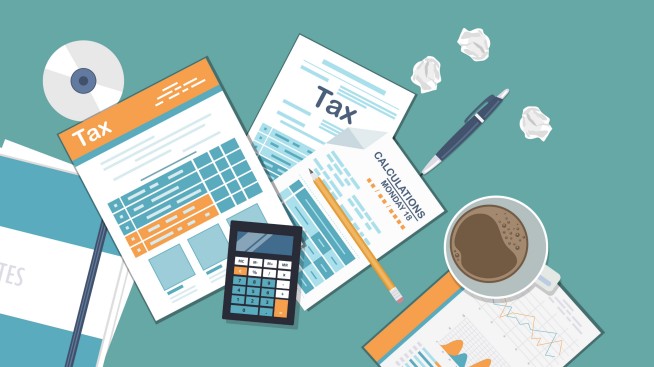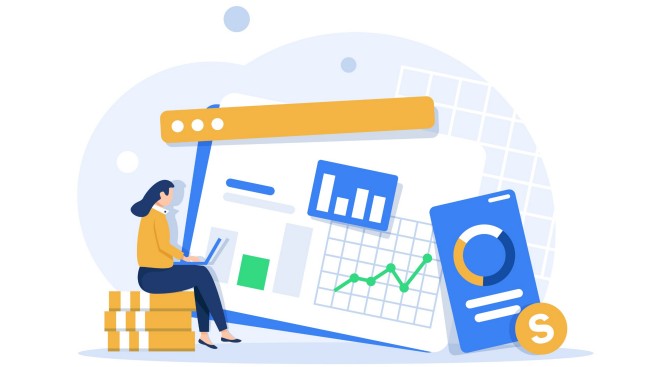How does credit card debt affect credit score?

The amount of debt you owe on your credit card is one of the biggest factors affecting your credit score. That's why it's not a good idea to max out your credit card. If you do use up your entire credit limit on your card, you'll discover that your credit score may go down. And when your credit score goes down, you could end up having to pay higher interest rates on any other credit cards or loans you take out. A low credit score could also impact your applications for apartment rentals, phone plans, and more.
Here's why:
Can your credit card affect your credit score?
What many people don't realize, is that credit scores don't include or account for your income. So even if you feel you can afford to max out your card, it's still going to have a negative effect on your score.
Research by the Consumer Financial Protection Bureau has indicated that high income earners are as prone to financial stress because of debt as low income earners. So when lenders see that your credit card is maxed out, they might assume that you're living beyond your means.
How your credit card usage can affect your credit score
VantageScore® and FICO® credit scoring calculations consider your credit utilization — the ratio between the amount of debt you owe on a credit card and the card's credit limit. Credit utilization is what constitutes that 30% impact on your credit score.
To determine what your credit utilization is, you can do the following things:
- Add up all of your credit card balances
- Add up all of those credit cards' credit limits
How much debt is too much?
There's no magic number as to how much debt is too much, although the rule of thumb is to try and keep your credit utilization level at less than 30% in total.
Remember that this is total or "aggregate utilization" that's calculated by your credit score, so taking out a new card to spread your debt across cards to reduce your utilization rate on each card may not be a good strategy to lower your utilization. It can potentially hurt your credit score to do this, because taking out a new card will result in a "hard inquiry" or credit check of your score — something that can also reduce your score.
However, if your available credit limit increases, it may not affect it.
Does paying off credit card debt raise your credit score?
You may be able to improve your credit score if you pay off a large chunk of your credit card balances. Even if you don't reduce your aggregate utilization rate down to less than 30%, getting it down to as close to that as possible will have a positive impact. Any effort to pay off more than the minimum payment on your cards each month might result in an incremental improvement of your credit score — as long as you're doing all the other things that positively impact your score, like paying bills on time.
Does consolidating credit card debt hurt your credit score?
Most people find it much easier to pay off debt if they consolidate it on either a credit card with a lower interest rate or one with a zero interest rate promotional period.
These zero or low percent cards may be useful for people who want to consolidate credit card debt and chop down that balance entirely, before the promotional period ends.
But keep all of your credit card accounts open, even after you've transferred the balance to a promotional zero or low percent card. Consider cutting the physical cards up if you don't want to be tempted to use them, but keeping the account open will improve your aggregate utilization.
Credit cards can be excellent financial management tools, especially for unexpected expenses or to smooth out bumps in your overall monthly cash flow. But it's critical to keep an active role in monitoring your finances and how much debt you're putting on those cards.
Try to keep an eye on your credit utilization rate and pay your bills on time. Just those two things alone will go a long way to improving your financial health.



